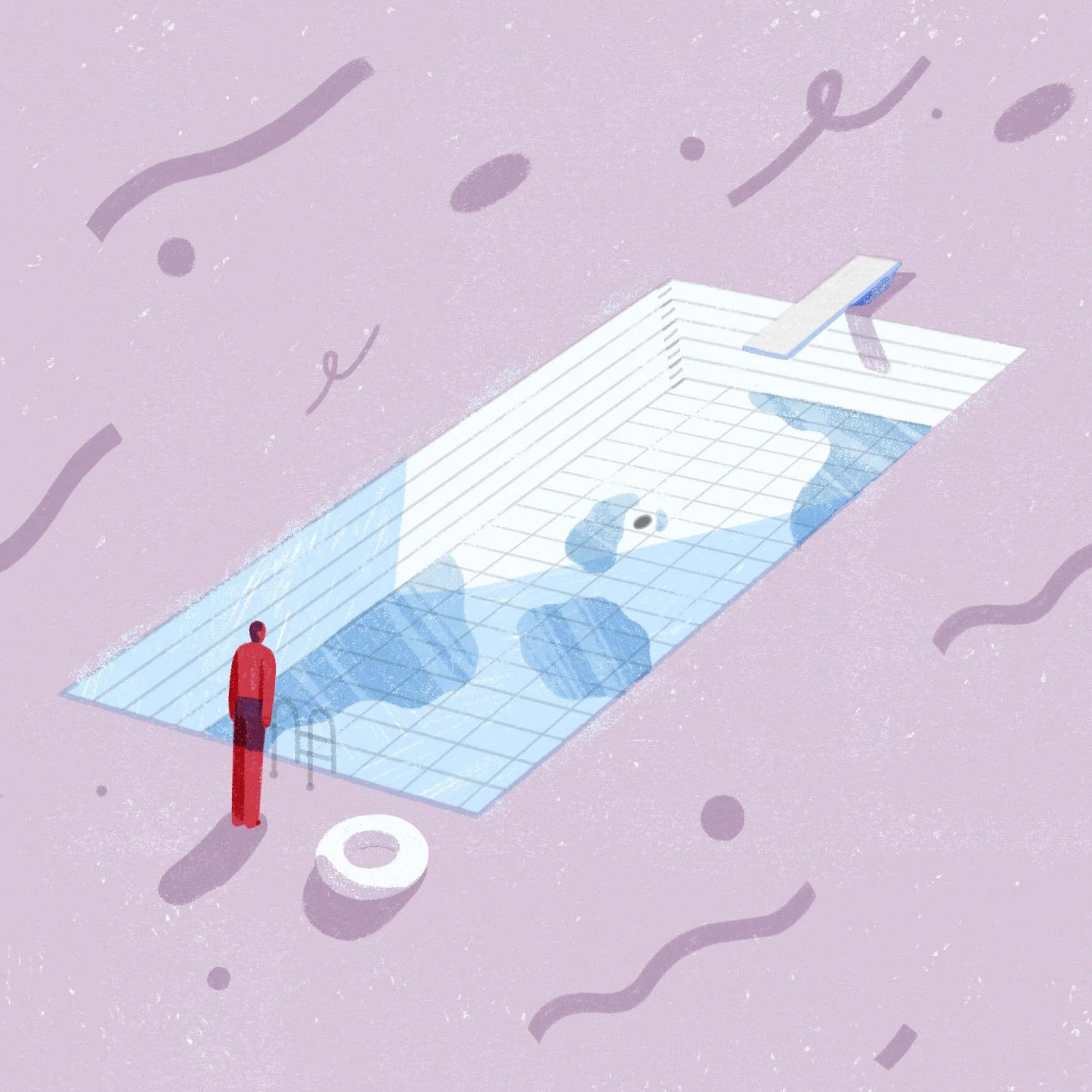Ego-depletion theory quickly became one of the hottest concepts in psychology. “The idea really took social psychology by storm. It’s not an exaggeration to say that for a while it was at the center of the field,” says Michael Inzlicht, PhD, a professor of psychology at the University of Toronto. Inzlicht himself was swept up in the ego-depletion furor and published work that supported its existence and significance.
“But then some cracks started to appear,” he says.





A new study has warned that without intervention, ADHD education could cause many young people to wrongly diagnose themselves
Growing awareness and education around ADHD may be leading to false self-diagnoses among young people, a new study has claimed. Researchers from the University of Toronto say that while education is crucial, it may also trigger a mistaken belief that common issues that young adults face, like tiredness and irritability, are the symptoms of ADHD. The study’s lead author, Dasha Sandra, said young people should not be discouraged from seeking help, but believes mental health education needs to be refined to include more context around the symptoms.
Read More